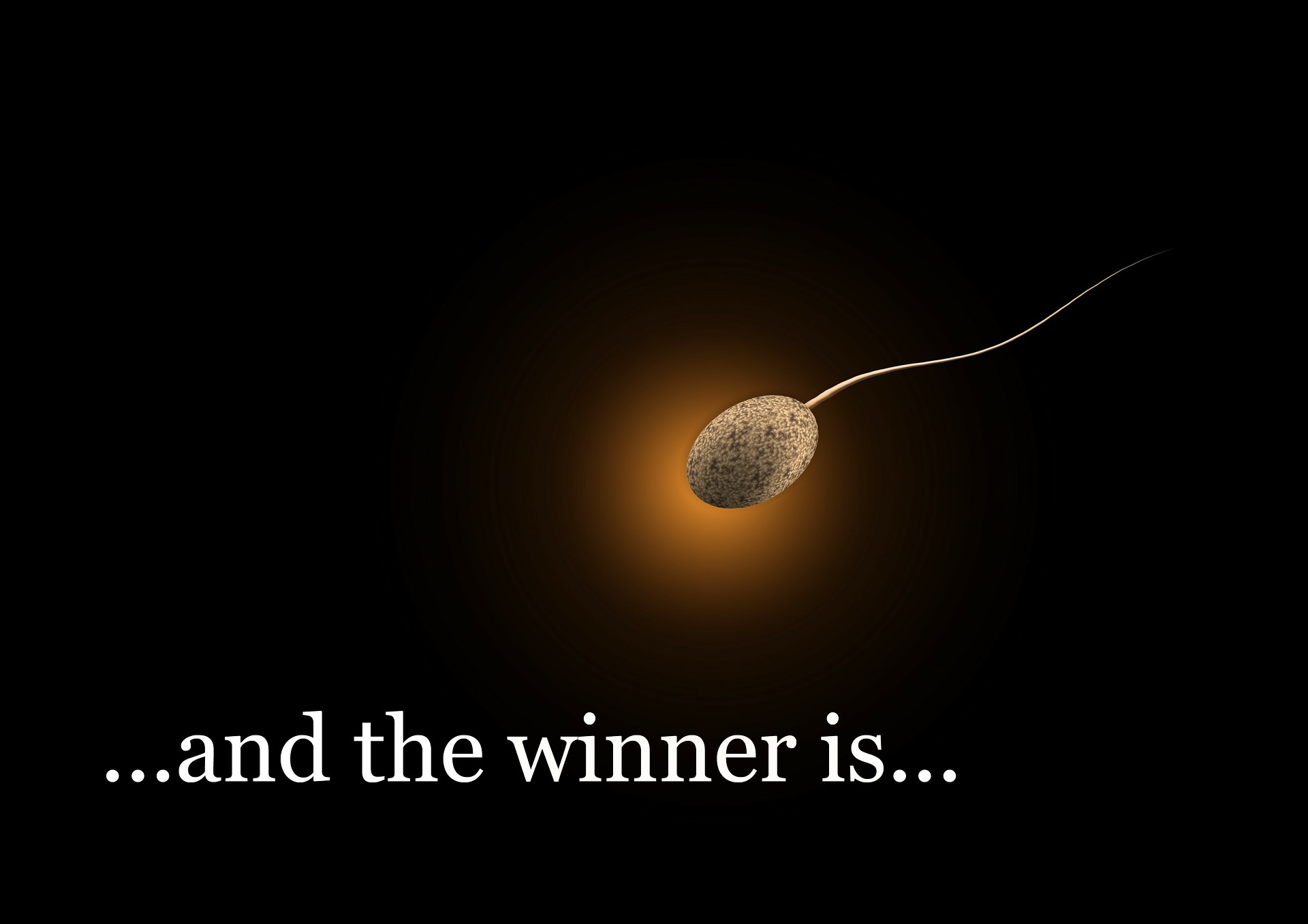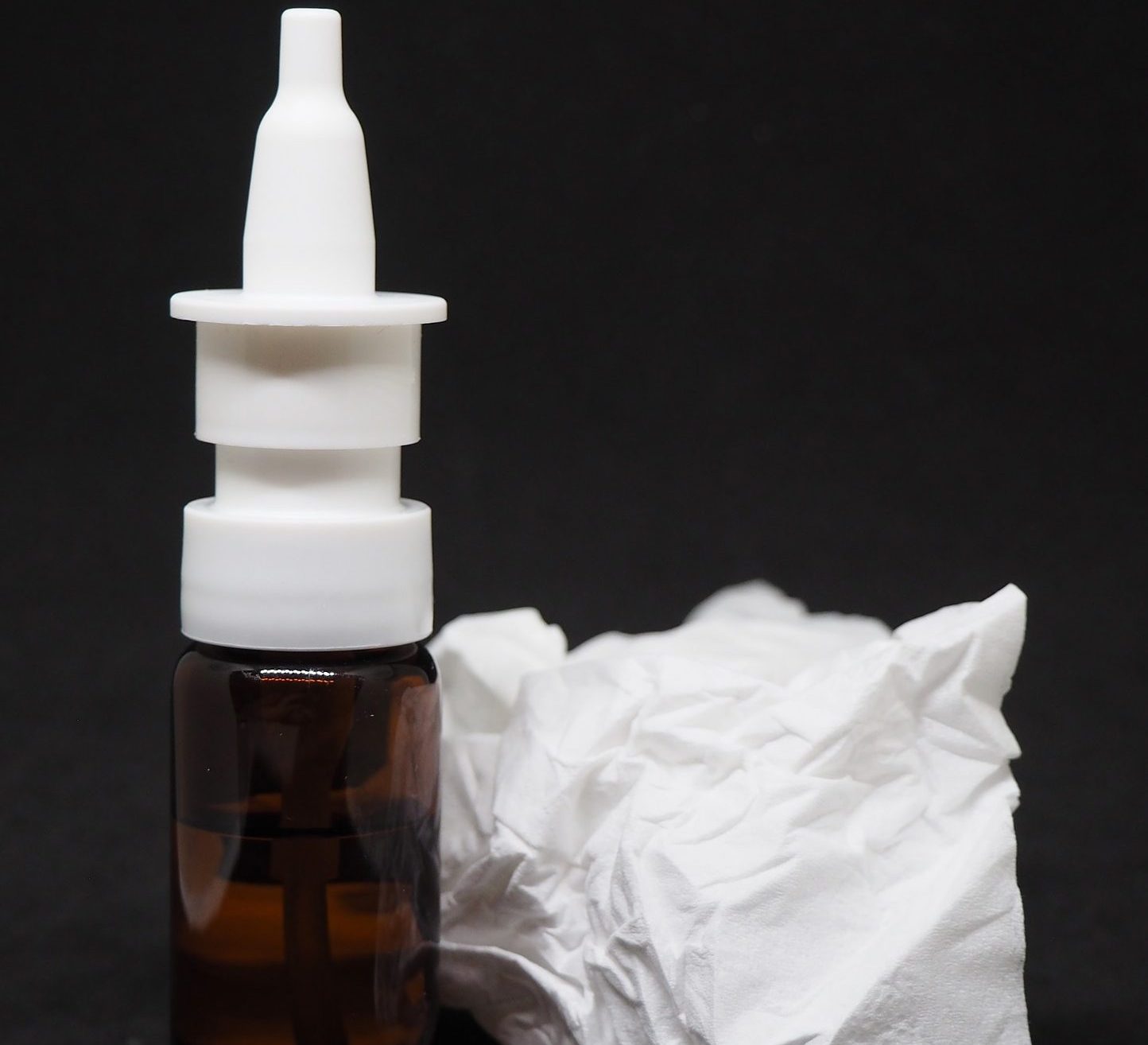Female Reproductive Tract May Reject Weak Sperm
A new study, published in the journal Science Advances, found that the female reproductive tract may trap slower moving sperm, allowing only the fastest moving sperm to reach the egg.
Researchers from Cornell University used several models and computer stimulations to try to better understand how sperm travel through the cervix, into the uterus, and then into the fallopian tubes …



